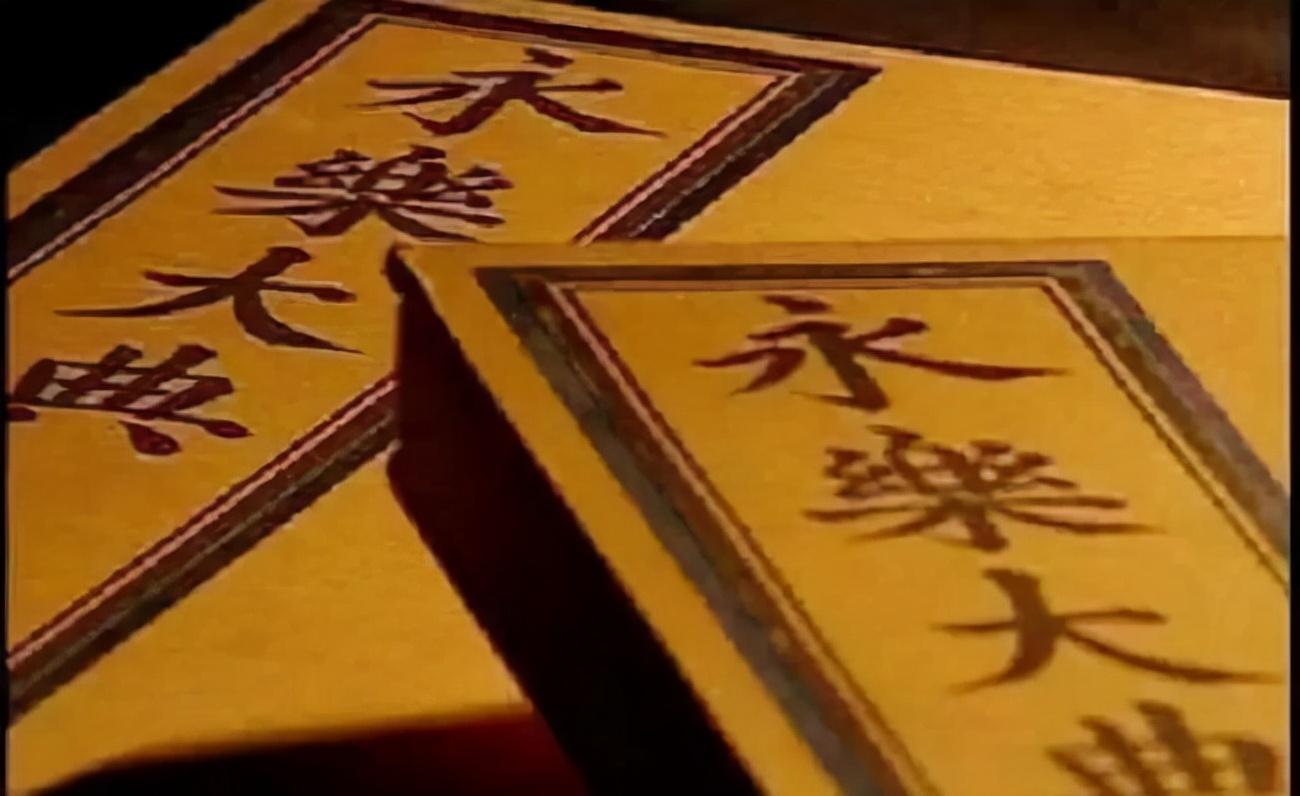Neither the Yongle Canon nor the Five Northern Expeditions were considered political achievements
As for some people who say that Zhu Di was also quite accomplished in civil rule, the compilation of the Yongle Canon is enough to prove it. That was a manifestation of Zhu Di's great joy. Everyone understands that as long as there is money, there is an emperor who has the final say in everything, and the chief planner, let alone the "Yongle Canon", even the "Yongle Canon" can also be compiled. This book was organized and edited by Xie Jin, Yao Guangxiao and others, and is known as the crown of ancient books. Compared with the Qing Dynasty's Siku Quanshu, the Yongle Canon is more valuable, because he only collected, sorted, and classified the ancient collections, and did not make major changes. However, many contents of the "Four Libraries Complete Book" have been modified by the editors, so that the original appearance of the ancient books has been destroyed. Therefore, the Yongle Canon is worthy of the title of the crown of ancient books. However, this cultural project is based on how many people are undereaten, drunk, and ragged.

Such a toss to the people is not counted. Ten years after Yongle, Zhu Di began the Northern Struggle, and as he grew older, the frequency of the Northern Struggle became faster and faster. Zhu Di launched a total of five northern wars in his lifetime, except for the first two gains, the rest were mostly laborious and financial battles, which made the newly recovered economy carry heavy burdens. In July 1424, during the Fifth Northern War, Zhu Di died of illness at the age of 65 due to the lack of intelligence work in advance, and the expedition of the laborers found nothing.
Yongle Dynasty
After Zhu Di seized the throne, he changed his name to "Yongle". Therefore, he was known as the "Yongle Emperor". He also changed Emperor Jianwen's policy of "cutting off the domain", cutting off the military power of the kings of each domain one by one, and the administrative affairs within his domain were also managed by the central government. Therefore, although there is the name of the kingdom, it has no right to govern the country.
Emperor Yongle remodeled Emperor Wen, abolished the status of advisor, and developed absolutism and centralization to the peak on the basis of the reign of His father Ming Taizu Hongwu. Imperial power was highly concentrated, the emperor "although small things must be heard", and the post of minister was also abolished. The emperor relied on the eunuchs of the cabinet ministers and the superintendent of ceremonies, who could only serve as advisers to the emperor and assist in government affairs under the emperor's command.
The Yongle Emperor also established two special organs of power directly under the emperor's command and control, namely the "East Factory" and the "Jinyi Guard". The East Factory was an investigation agency headed by eunuchs, established in the eighteenth year of Yongle, and its office was located in the area of dongchang hutong in the north of Dong'anmen, Beijing. The "Jinyi Guards" were originally the Emperor's guards, and now they are also responsible for spying on and arresting people who are dissatisfied with the Emperor's words and deeds. Both agencies are secret services, with special courts, prisons and interrogation rooms with special instruments of torture. It was through these institutions that Zhu Di made power highly concentrated in his own hands.
After the Yongle Emperor reached middle age, he was still a somewhat clear monarch, and at this time, he took measures such as "summoning people to live in places" and "summoning merchants and goods" to restore and develop Beijing's economy and make the country's economy increasingly prosperous. It was precisely because of the growing strength of the country that he was able to organize a large-scale fleet of ships, send Zheng He to lead the fleet to the West, and open up maritime transportation. At the same time, an army was sent to the north to drive out the dafu.
Zhu Di reigned for a total of 22 years and died in yumuchuan on the way to the triumph of the Northern Expedition. The temple name was originally set as "Taizong", and during the Jiajing period, it was changed to "Chengzu." ”